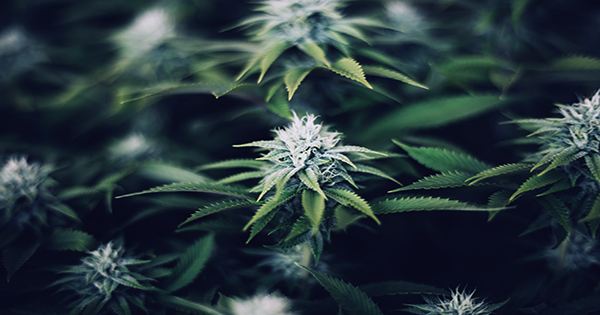A Republican congressional representative has filed legislation to decriminalize marijuana on a federal level in the United States, making it simpler for states to make their own cannabis decisions. On Monday, November 15, Congresswoman Nancy Mace of South Carolina proposed the States Reform Act. The bill aims to remove marijuana from the Controlled Drugs Act’s Schedule I list of substances. According to the plan, this would eventually entail regulating and taxing the substance in the same way that alcohol is regulated and taxed.
Decriminalizing marijuana is a difficult topic right now. According to the National Conference of State Legislatures, medicinal marijuana permitted in 36 states and 4 territories with a doctor’s recommendation, while recreational marijuana authorized in 18 states, two territories, and the District of Columbia. However, cannabis is still classified as a Schedule I substance under the federal Controlled Substances Act, so even if it is legal in a state, it is still illegal under federal law. This new measure aims to resolve this inconsistency by allowing states to enact their own cannabis rules and regulations without fear of conflicting with the federal government.
“At the moment, just three states do not have any type of legal cannabis.” CBD is legal in my home state of South Carolina, while medicinal marijuana is legal in Florida, and recreational marijuana is legal in California and other states. Every state is unique. All of this must take into consideration in federal cannabis policy. Rep. Mace stated in a statement “it’s past time for federal law to codify this fact.” “This is why I’m presenting the States Reform Act,” she said, “a bill that attempts to remove cannabis off Schedule I in a way compatible with states’ rights to select what level of cannabis reform each state has or does not have.”
There have been a few failed attempts to reschedule cannabis under the Controlled Substances Act. One of the reasons is that large-scale clinical studies are commonly used by federal government agencies to evaluate medications, their applications, and possible abuses. Ironically, because marijuana classified as a Schedule I substance by the federal government, conducting such a trial is difficult.
Nonetheless, opinions against marijuana in the United States have softened dramatically in recent years, as more people become aware of its therapeutic and medical benefits. It has also been shown in studies to be far safer than several other recreational substances, including alcohol and cigarettes, both of which are legal.
According to a Pew Research Center poll released this year, 91 percent of Americans feel marijuana should be legalized to some extent; 60 percent believe it should be allowed for both medicinal and recreational purposes, while 31 percent believe it should be permitted just for medical purposes. Only 8% believe marijuana should make completely prohibited.
















